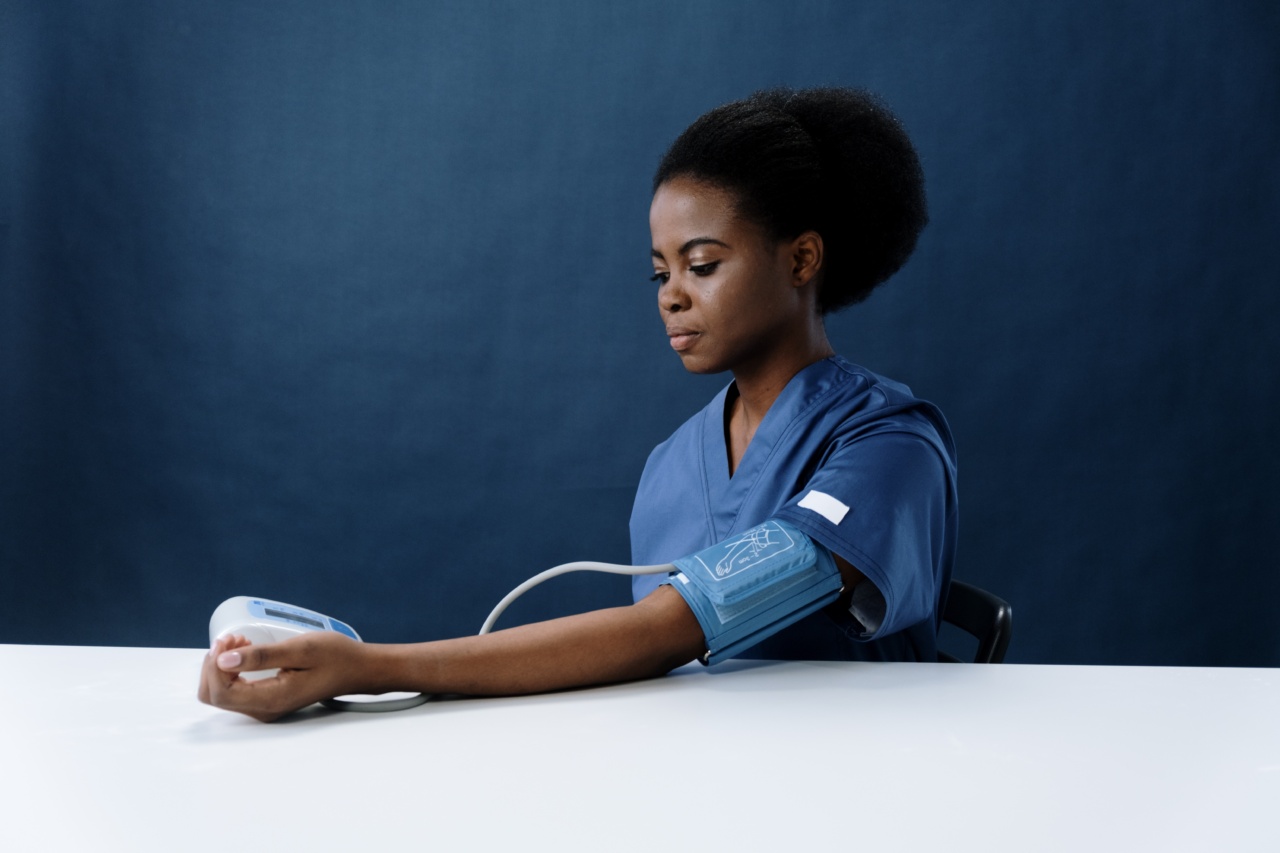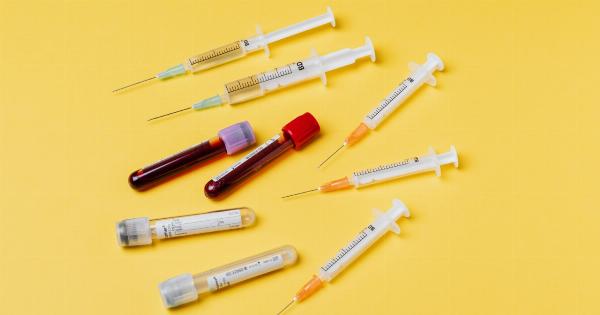High blood pressure, also known as hypertension, is a common medical condition affecting millions of people around the world. It is a major risk factor for heart disease, stroke, and kidney failure.
Uncontrolled high blood pressure can lead to serious health problems, therefore, it is important to prevent hypertension before it causes irreversible damage. In this article, we will discuss some tips to lower your blood pressure and prevent hypertension.
Eat Healthy
The first step to preventing hypertension is to eat a healthy, balanced diet. Include plenty of fresh fruits, vegetables, whole grains, lean protein, and low-fat dairy products in your diet. Avoid processed foods, high in salt, sugar, and unhealthy fats.
A diet that is rich in potassium, magnesium, and calcium can help to lower your blood pressure. Limit your intake of alcohol and caffeine, as they can raise your blood pressure levels.
Get Enough Exercise
Regular physical activity is also important for preventing hypertension. Aim for at least 30 minutes of moderate-intensity exercise on most days of the week.
Activities such as brisk walking, cycling, swimming, or gardening can help to keep your heart healthy and lower your blood pressure. If you are new to exercise, start slowly and gradually increase the intensity and duration of your workouts.
Lose Weight
If you are overweight, losing even a small amount of weight can help to lower your blood pressure. A healthy weight loss program should include a combination of a healthy diet, regular exercise, and lifestyle changes.
Losing weight can help to reduce the workload on your heart and decrease your blood pressure.
Reduce Stress
Stress can lead to elevated blood pressure levels. Therefore, it is important to find ways to relax and reduce stress in your life. This can include activities such as meditation, yoga, deep breathing, or simply spending time with family and friends.
Find activities that you enjoy and make time for them regularly.
Avoid Smoking
Smoking is a major risk factor for hypertension. The chemicals in cigarette smoke can damage your blood vessels and increase your blood pressure. Therefore, if you smoke, it is important to quit.
Ask your doctor for advice on quitting smoking, as there are many effective treatments available to help you quit.
Check Your Blood Pressure Regularly
Regular blood pressure checks are an important part of preventing hypertension.
If you have a family history of hypertension or other risk factors, such as obesity, diabetes or high cholesterol, it is even more important to monitor your blood pressure regularly. Your doctor can help you determine how often you should have your blood pressure checked and what your target blood pressure should be.
Take Medications as Prescribed
If your doctor has prescribed medications to lower your blood pressure, it is important to take them exactly as prescribed. Do not skip doses or stop taking your medication without consulting with your doctor.
There are many different types of medications available to treat hypertension, and your doctor can help you decide which one is best for you.
Reduce Sodium Intake
Reducing your sodium intake is an important step in preventing hypertension. Most people consume too much sodium, which can cause your body to retain fluids and increase your blood pressure.
Avoid adding salt to your food and limit your intake of processed foods, fast foods, and canned soups, which are often high in sodium. Read food labels carefully and choose lower sodium options whenever possible.
Get Enough Sleep
Lack of sleep can also increase your risk of hypertension. Aim for at least seven to eight hours of sleep per night. Create a relaxing bedtime routine and avoid stimulating activities, such as watching TV or using a computer, in the evening.
Avoid caffeine and alcohol close to bedtime, as they can interfere with your sleep.
Conclusion
Preventing hypertension is an important step in maintaining good overall health. By following these tips, you can lower your blood pressure and reduce your risk of heart disease, stroke, and other health problems.
Remember to eat a healthy diet, exercise regularly, reduce stress, quit smoking, check your blood pressure regularly, take medications as prescribed, reduce sodium intake, and get enough sleep. Talk to your doctor if you have any questions or concerns about preventing hypertension.



























